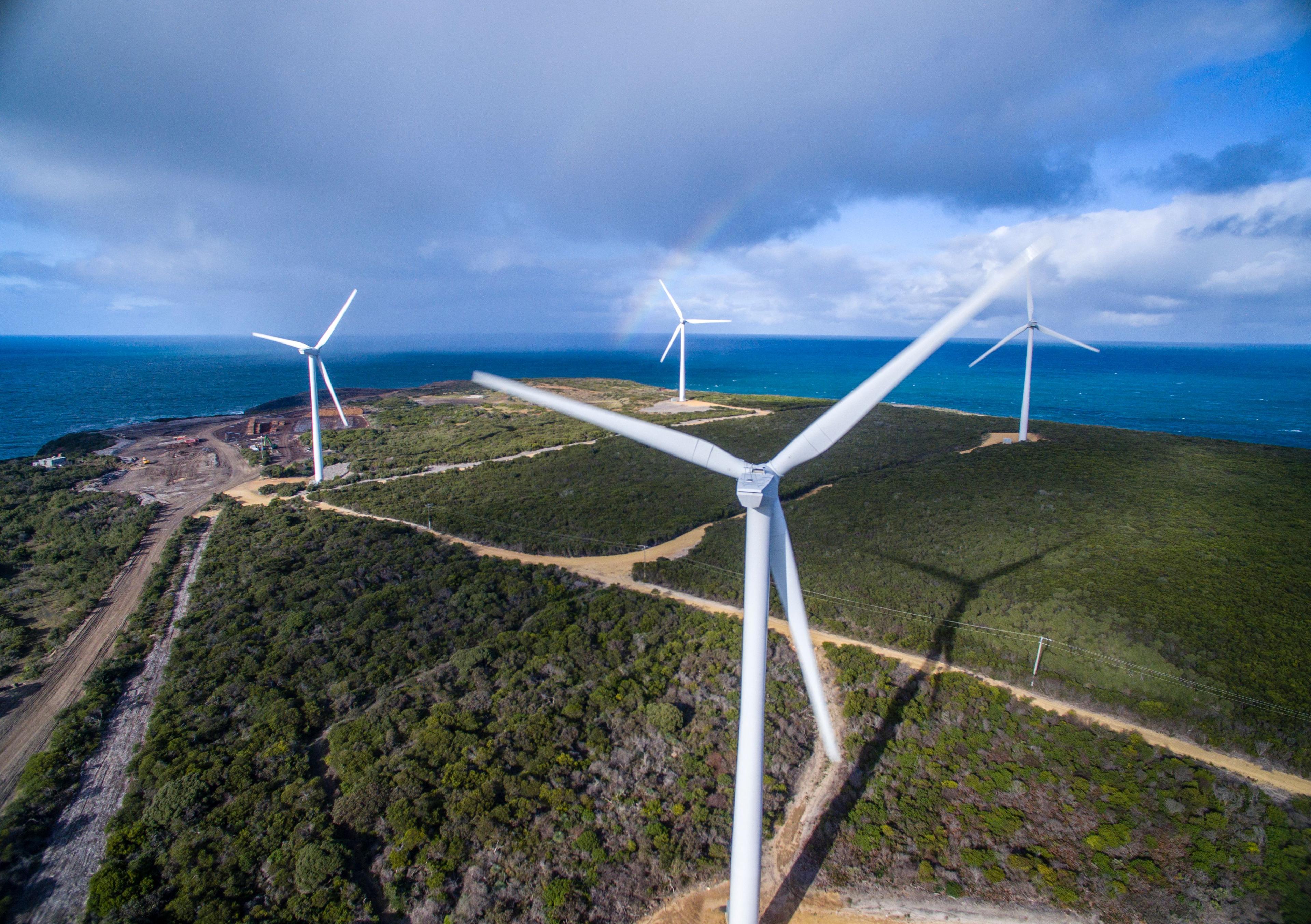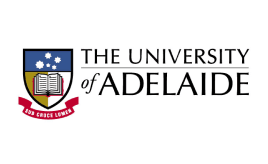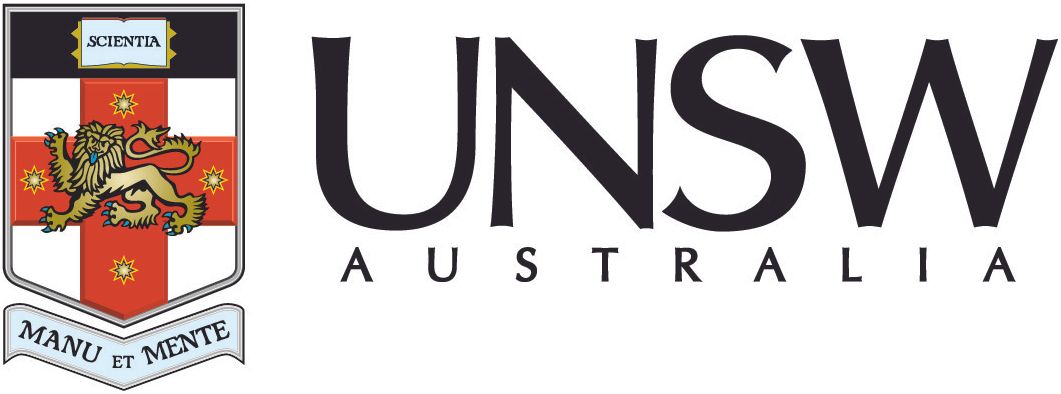Industry, community, environment, union and science leaders unite in urgent call for EPBC Act reform

A wind energy project in Portland Victoria/ Image: Jeremy Buckingham CC BY 20 DEED/Flickr.
Media Release
29 May 2025
In an unprecedented show of unity, and in the face of the escalating impacts of climate change and rapid biodiversity loss, industry, community and environmental organisations are calling on the Albanese Government to deliver its long-awaited reforms of Environment Protection and Biodiversity Conservation (EPBC) Act.
The Biodiversity Council is part of a coalition of industry, community, environmental, union and science groups who say EPBC Act is failing on all fronts. It does not adequately protect nature and it is delaying the renewable energy and transmission projects needed to rapidly decarbonise the economy.
Biodiversity Council Co-Chief Councillor Professor Hugh Possingham said “Strong, transparent environmental laws and effective guidance from government are needed to enable Australia to move quickly toward renewable energy while ensuring that we are protecting the unique biodiversity and priceless cultural heritage that makes Australia so special.”
Richie Merzian, chief executive of CEIG said the Government will not meet its renewable energy targets without modern, fit-for-purpose environmental laws underpinning better decision-making.
“If delivering a clean energy future is a priority for the Albanese Government, then reforming the EPBC Act must be too. It is now the single biggest barrier to timely, environmentally responsible, renewable energy development in Australia.”
CEIG’s recent report, Delivering Major Renewable Energy identified major bottlenecks in National Environmental Standards together with better data to inform community engagement, planning, assessment and decisions.
Kelly O’Shanassy, chief executive of ACF, said, “The EPBC Act’s uncertain and unpredictable assessment and decision-making processes fail to protect nature or support investment in renewable energy. We have a once-in-a-generation opportunity to re-shape the law to tackle Australia’s climate and nature crises.”
The groups are calling for environment laws that enable faster, more efficient and predictable project assessments while improving nature protection, increasing community confidence and empowering indigenous communities to plan an active role in decisions that affect their lands and seas.
The groups called for legislation that is efficient and protects nature, and provides for:
- National Environmental Standards together with better data to inform community engagement, planning, assessment and decisions;
- Environment Protection Australia (EPA) as an independent regulator to oversee national environmental laws; and
- Increasing resourcing for relevant departments to enable faster decisions.
Kane Thornton, CEO of the Clean Energy Council, said, “Any decision to stall the progress of much-needed Nature Positive reforms to the Environmental Protection and Biodiversity Conservation (EPBC) Act risks missing a crucial opportunity to address one of the most significant challenges facing investment in renewable energy projects across Australia.
“The current iteration of the EPBC Act and its inherent limitations are a cause of significant delays to the construction of new renewable energy infrastructure needed to ensure that Australia can meet its renewable energy targets.”
Dermot O’Gorman, CEO of WWF-Australia, said “Industry and environment groups are ready to help deliver the Prime Minister’s promise of making Australia a renewable energy superpower —but that won’t be possible unless we fix our failing nature laws.
“The world is watching as Australia bids to co-host the COP31 climate summit with the Pacific. EPBC reform must be part of our commitment to global climate leadership.
“We need strong nature laws to ensure the renewable energy transition protects our environment and delivers for communities.”
"Australia has the opportunity to undertake renewable energy development in our oceans responsibly, but we need the Australian Government to show leadership in filling critical knowledge gaps, and genuinely partner with First Nations peoples, and coastal communities to ensure offshore wind progresses in a fair, inclusive and respecdul way", said Paul Gamblin, CEO of the Australian Marine Conservation Society. "Where uncertainties remain, we need confidence that stronger nature laws will put effective safeguards in place to ensure that development avoids harming our fragile ocean.”
The Electricial Trades Union Michael Wright said "Workforce, training and EPBC assessments are problems that are tangled together. ETU members are ready to build the projects that will power Australia's clean energy future, but too many projects are currently stuck in the assessment pipeline. Projects with 18 month build times are now spending over two years waiting for EPBC assessments.
The uncertainty of the assessment process means there is no reliable pipeline of work for communities, or to train apprentices on anywhere close to the scale we need - an extra 42,500 electricians in the next five years.
Reforming the EPBC Act must be a key priority of the Albanese government. That's how we can escape this situation where everyone knows where the work is, what it is and roughly when it is, but has no idea who will be doing it."
Signatories:
Clean Energy Investor Group - The Clean Energy Investor Group represents domestic and global renewable energy developers and investors, with a combined portfolio value of around $38 billion.
ACF - Formed in 1965, the Australian Conservation Foundation is a national environment group.
WWF-Australia - One of Australia’s most trusted conservation organisations, WWF-Australia is working to protect threatened species and habitats, meet the challenge of climate change and regenerate nature by 2030.
RE-Alliance- The Renewable Energy Alliance (RE-Alliance) is an independent not-for-profit working to deliver a responsible and rapid shin to renewable energy that actively contributes to the strength of Australia’s regions.
Electrical Trades Union of Australia - The Electrical Trades Union of Australia (‘the ETU’) is the principal union for electrical and electrotechnology tradespeople and apprentices in Australia, representing well over seventy thousand workers around the country, including in the renewable energy industry.
Clean Energy Council - The Clean Energy Council is the largest peak body representing the clean energy industry in Australia. It advocates for and works with Australia’s leading large-scale and small-scale renewable energy and storage companies, driving change, raising standards and influencing policy to accelerate Australia’s transition to a clean energy future.
Australian Marine Conservation Society - The Australian Marine Conservation Society is Australia’s leading national charity dedicated solely to protecting our precious ocean wildlife – a community of ocean lovers across the nation working for healthy seas.
Biodiversity Council - The Biodiversity Council is an independent expert group founded by 11 Australian universities to promote evidence-based solutions to Australia’s biodiversity crisis.














